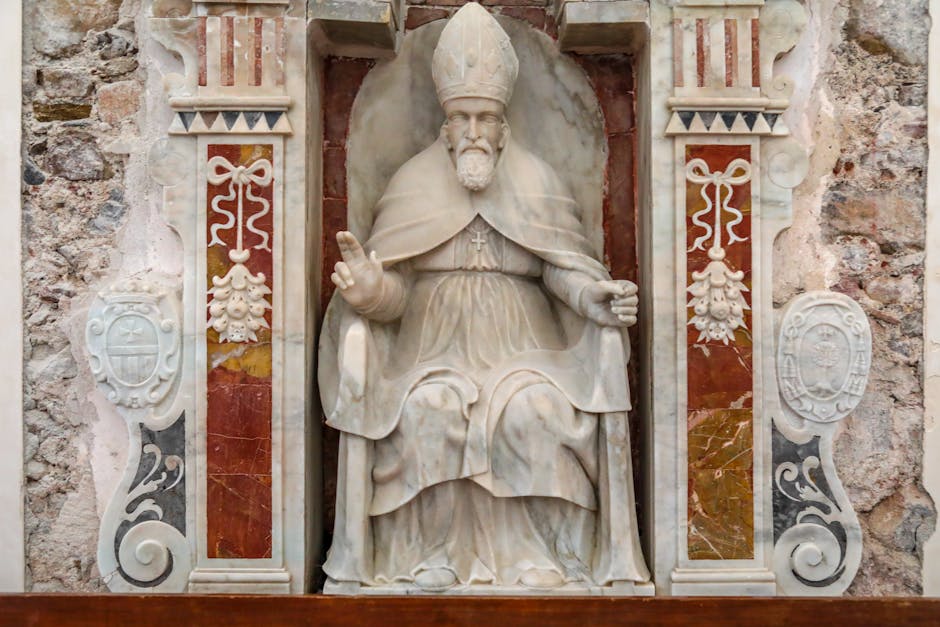
Moral Lessons in Ancient Myths: Exploring Linked Myths and Their Values
Ancient myths have long served as powerful narratives that convey moral lessons and cultural values across generations. These stories, often rooted in specific civilizations, also display intriguing links to other myths, creating a rich tapestry of interconnected tales that enhance our understanding of human morality.
For instance, the Greek myth of Zeus and Prometheus emphasizes themes of obedience and justice. Prometheus's act of stealing fire to help humanity exemplifies the virtue of sacrifice, even in the face of divine punishment. Similarly, the Egyptian myth of Osiris teaches about resurrection and the importance of moral integrity, highlighting the consequences of betrayal and the rewards of righteousness.
Linked Myths and Shared Moral Themes
Many ancient cultures have myths that, while originating independently, explore similar moral themes. The Sumerian and Babylonian myths on the great flood, such as Noah's Ark in the Abrahamic traditions and Gilgamesh's quest for immortality, both address themes of humility, human vulnerability, and divine justice.
Understanding these linked myths provides valuable insights into how ancient societies grappled with moral dilemmas and universal questions about mortality, morality, and the divine. Whether it's the Hindu myths about Vishnu preserving righteousness or the Greek tales warning against hubris, each story contributes to a collective moral fabric.
Conclusion
The study of moral lessons in ancient myths reveals the shared values and ethical principles that shaped early civilizations. Exploring linked myths enriches our understanding of how different cultures approached common human challenges and moral questions, illustrating the timeless relevance of these stories.
